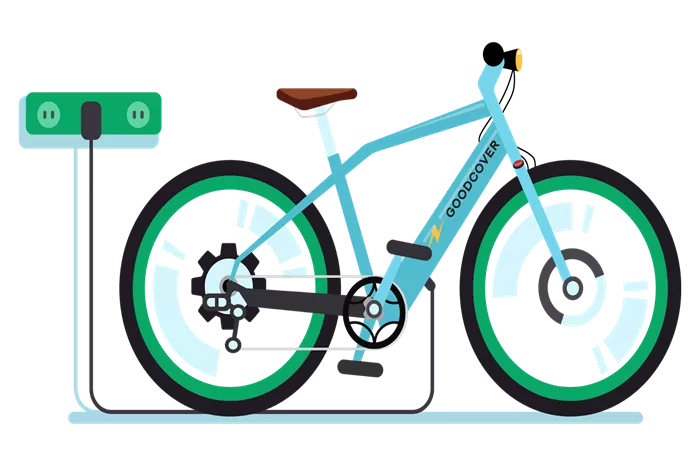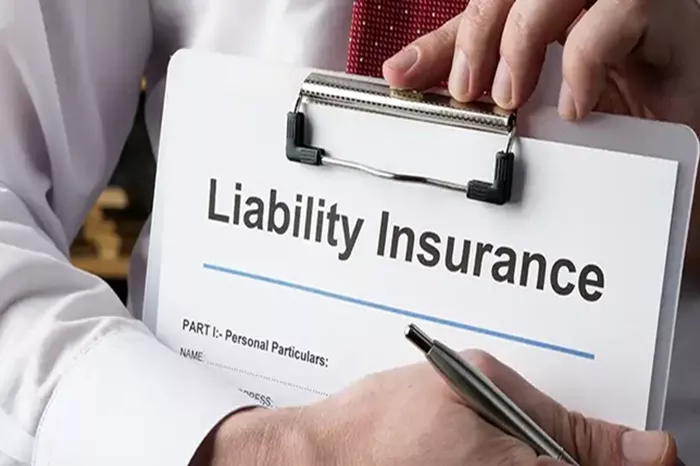In the world of mobile businesses, Recreational Vehicles (RVs) offer a unique and flexible platform to run diverse ventures—from mobile food trucks and boutique shops to mobile offices and event rentals. However, owning and operating an RV business comes with distinct risks that require specialized protection. This is where RV business insurance plays a crucial role. Unlike standard vehicle insurance, RV business insurance is tailored to cover the unique liabilities, property risks, and operational exposures of mobile business owners.
Why RV Business Insurance is Essential
Running a business on wheels can be exciting and profitable, but it also exposes entrepreneurs to potential financial pitfalls. The RV is not only a vehicle but also a workspace, inventory storage, and sometimes even living quarters. This multi-functional nature increases the complexity of risks. Insurance that only covers vehicle damage or liability from driving will not fully protect the assets or the business operations.
For example, if a fire damages your RV or the inventory inside, or if a customer suffers an injury while visiting your mobile store, without comprehensive coverage, the resulting financial burden could be devastating. Therefore, RV business insurance is designed to combine commercial vehicle insurance with business property and liability coverages, ensuring complete protection.
Understanding RV Insurance Coverage for Businesses
RV business insurance generally includes several key coverages tailored to the needs of mobile business owners:
1. Commercial Auto Insurance
This component covers physical damage to the RV itself caused by collisions, theft, vandalism, or natural disasters. It also includes liability protection if your RV causes injury or property damage to others while on the road. This coverage is mandatory in most states for vehicles used for commercial purposes.
2. Business Property Coverage
Since the RV often serves as your business location and storage, business property insurance protects your inventory, equipment, and supplies inside the RV against damage or loss from covered events like fire, theft, or vandalism. This coverage ensures you can replace critical assets without crippling your business finances.
3. General Liability Insurance
This protects you if your business is held responsible for third-party bodily injury or property damage occurring on or around your RV. For example, if a customer slips and falls while visiting your mobile shop, this coverage helps pay medical expenses, legal fees, and settlements.
4. Business Interruption Insurance
If your RV business is temporarily halted due to a covered loss, this coverage helps replace lost income and pays for ongoing expenses until you can resume operations.
5. Workers’ Compensation Insurance
If you employ staff to operate or assist with your RV business, workers’ compensation insurance is essential. It covers medical costs and lost wages if employees are injured while working.
Factors Influencing RV Insurance Rates for Businesses
Understanding the variables that impact your RV insurance rates can help you manage costs effectively while maintaining adequate protection. Some of the major factors include:
Type and Size of RV
Larger, more expensive RVs or those with specialized equipment typically cost more to insure. The value of your vehicle and the cost to repair or replace it are key considerations for insurers.
Business Type and Operations
The nature of your business activities conducted from the RV affects risk exposure. For example, a food truck business may face different liabilities compared to a mobile pet grooming service, influencing your insurance cost.
Coverage Limits and Deductibles
Higher coverage limits increase premiums but provide better financial protection. Selecting appropriate deductibles also affects your rates—higher deductibles usually reduce premiums but require more out-of-pocket costs when filing claims.
Driving and Claims History
Your driving record and past insurance claims impact rates. A clean driving history and no prior claims generally lead to lower premiums.
Location and Usage
Operating in urban areas with higher traffic or crime rates may increase insurance rates. Also, the frequency and distance of travel affect your risk profile.
How to Compare RV Insurance for Business Use
Given the complexity and variety of coverages, it’s important to RV insurance compare offers carefully before committing to a policy. Here are some steps to help you make an informed decision:
1. Identify Your Specific Needs
Assess your business operations, RV type, and potential risks. Determine which coverages are essential and which add-ons might be beneficial.
2. Obtain Multiple Quotes
Contact several insurance providers specializing in commercial and RV insurance. Request detailed quotes outlining coverage options, limits, deductibles, and costs.
3. Review the Policy Details
Read the fine print carefully. Check for exclusions, coverage limits, claim procedures, and additional benefits like roadside assistance or rental reimbursement.
4. Evaluate Provider Reputation
Choose trustworthy insurance companies with strong financial ratings and positive customer reviews. Consider their claims service reputation as well.
5. Consult an Insurance Guide or Expert
If unsure, seek advice from an insurance guide or professional broker who can help tailor policies to your business needs.
Managing RV Insurance Cost Without Compromising Coverage
Balancing adequate protection with affordable premiums is key to sustainable business insurance. Here are some tips to manage your RV insurance cost:
Maintain a Clean Driving Record
Safe driving reduces the likelihood of accidents and claims, leading to lower rates over time.
Bundle Insurance Policies
Some insurers offer discounts if you bundle your commercial auto, business property, and liability insurance together.
Choose Appropriate Deductibles
Opt for deductibles that balance premium savings with your ability to pay out-of-pocket in the event of a claim.
Limit Unnecessary Coverage
Avoid paying for coverages you don’t need by carefully assessing your risks and business model.
Regularly Review and Update Your Policy
As your business evolves, update your insurance coverage to avoid gaps or over-insurance.
Conclusion
RV business insurance is a critical component of operating a successful and secure mobile enterprise. By understanding the specific coverage types, factors influencing RV insurance rates, and how to compare policies effectively, business owners can safeguard their investments and reduce financial risks. Whether you’re running a food truck, a mobile boutique, or any other business from an RV, choosing the right insurance policy ensures peace of mind and operational continuity.
Remember, investing time in comparing insurance options and consulting trustworthy insurance sources will help you find a policy that fits your unique business needs and budget. With the proper RV insurance coverage, you can focus on growing your business while staying protected on every mile of your journey.
Related topic:
RV Trailer Insurance Cost: What You Need to Know
Comprehensive Guide to RV Repair Insurance: Protect Your Home on Wheels
RV Maintenance Insurance: Protecting Your Investment on the Road




















